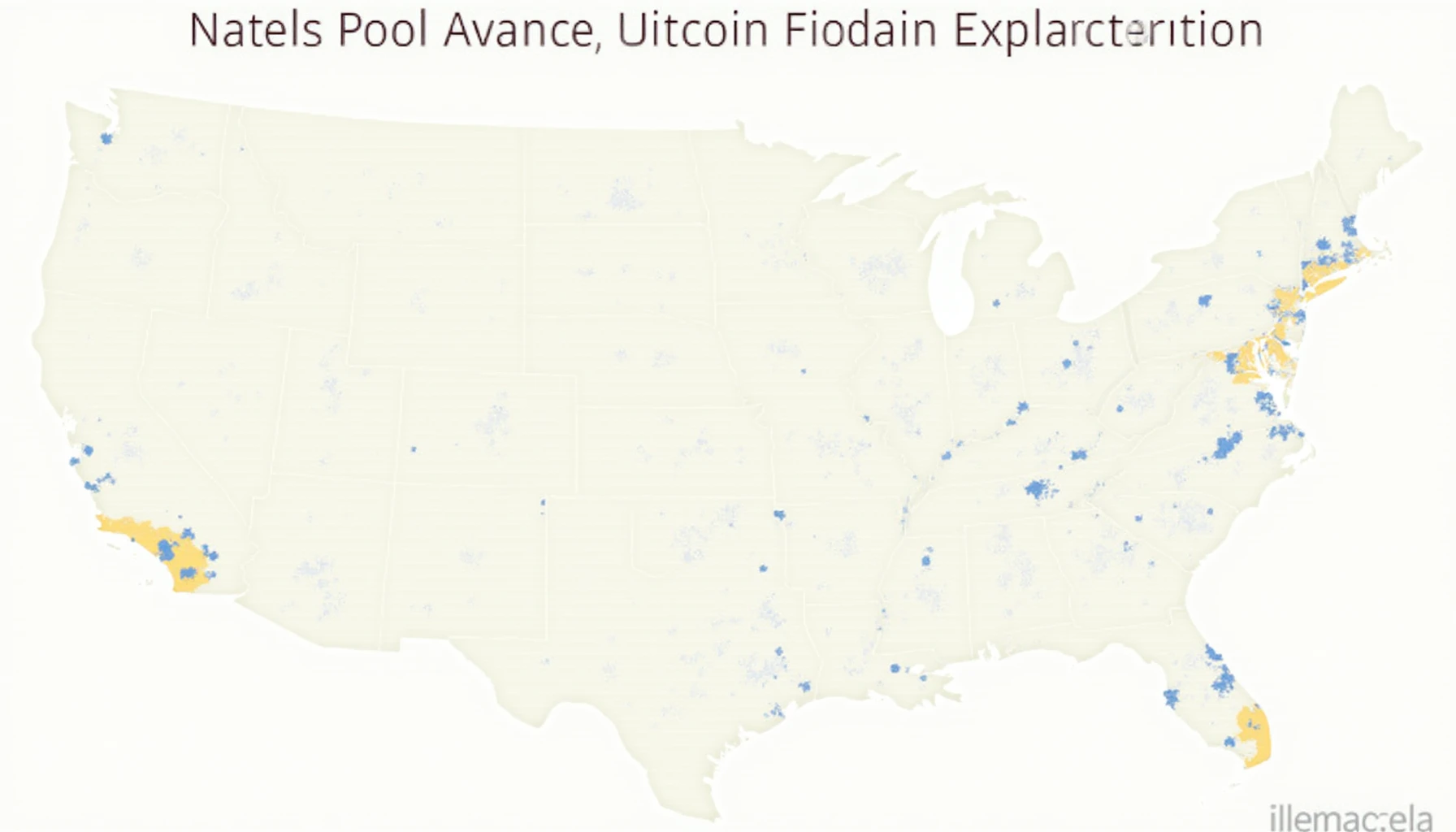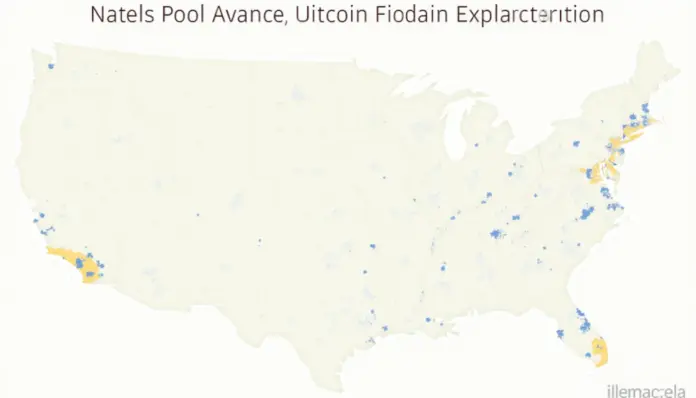Introduction: The Centralization Dilemma
Did you know that as of 2023, over 65% of Bitcoin’s hash rate is controlled by just a handful of mining pools? This centralization raises serious questions about the security and fairness of Bitcoin mining. In this article, we’ll dive into the implications of mining pool centralization, its impact on the blockchain ecosystem, and potential solutions for a more decentralized future.
What is a Bitcoin Mining Pool?
A Bitcoin mining pool is a group of miners who combine their computational resources to increase their chances of solving the cryptographic puzzles necessary for adding new blocks to the blockchain. By pooling their hash rate, miners can receive a more consistent payout, which is especially advantageous for smaller operators.
Key Benefits of Mining Pools
- Steady Payouts: Joining a pool can help miners earn consistent rewards, despite the inherent volatility of mining.
- Lower Barrier to Entry: Smaller miners can compete more effectively against larger operations by collaborating.
- Shared Resources: Access to advanced mining technology and expertise improves overall mining efficiency.
The Problem of Centralization
Although mining pools offer benefits, their increasing centralization poses several risks to the Bitcoin network.

Risks Associated with Centralization
- Concentration of Power: Over time, a few dominant pools can effectively control the Bitcoin network’s security and governance.
- 51% Attack Risk: If a single pool or a coalition of pools gains over 50% of the hash rate, they can manipulate the blockchain, leading to potential double spending.
- Decreased Decentralization: The integrity of Bitcoin relies on a diverse and distributed network of miners; centralization undermines this principle.
Alternative Approaches to Ensure Decentralization
As the risk of mining pool centralization grows, several alternatives are being explored:
1. Solo Mining
One option is for miners to operate independently, though this can be risky due to the unpredictable nature of block rewards.
2. Decentralized Mining Pools
New projects aim to create fully decentralized mining pools, allowing miners to participate without relying on a central authority. This promotes fairness and reduces the risk of attacks.
3. Supporting Smaller Pools
By choosing to mine with smaller, less dominant pools, miners can help distribute the hash rate across the network.
Conclusion: Take Action for a Decentralized Future
The ongoing centralization of Bitcoin mining pools is a challenge that cannot be ignored. As a miner, you have the power to influence this situation by choosing your mining pool wisely. To stay updated on best practices for Bitcoin mining, consider downloading our safety guide today and join the movement toward blockchain decentralization.




